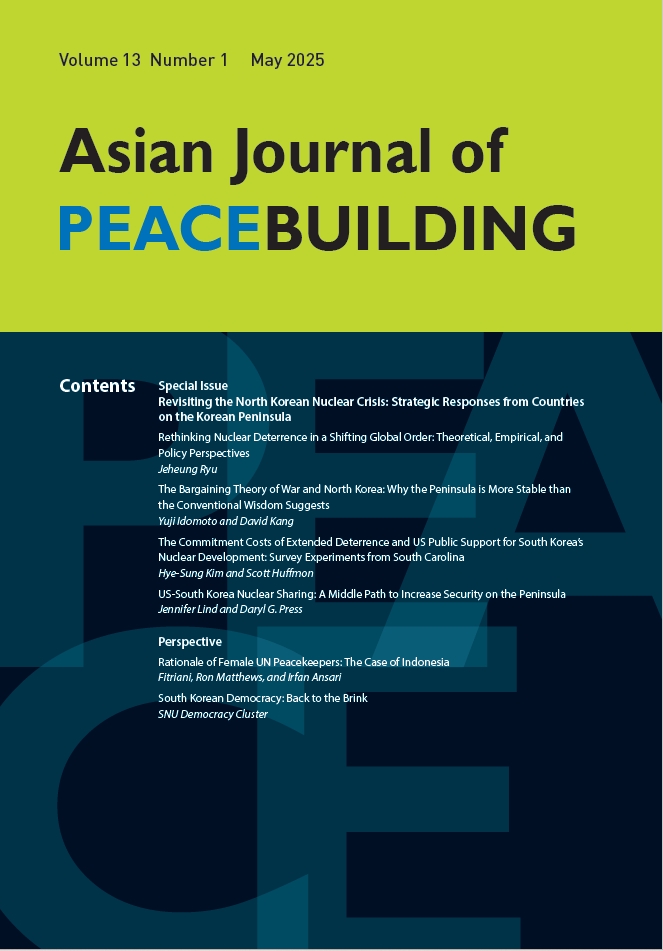Although female participation in UN peacekeeping has increased since the adoption of Resolution 1325 in 2000, numbers remain low. This article re-examines the rationale for enhancing women’s roles—not as symbolic figures, but as contributors to operational effectiveness and catalysts for challenging gender biases in security. Focusing on Indonesia, which formally adopted gender mainstreaming in 2000 and a Women, Peace and Security National Action Plan in 2012, the study explores the structural and cultural barriers within a traditionally patriarchal military. Through comparative analysis and the narrative experiences of Indonesian female peacekeepers, the paper highlights both obstacles and opportunities. It contributes a nuanced framework for understanding gender in peacekeeping and offers policy recommendations to improve participation, using Indonesia’s gradual cultural shift as a key reference point.
Back Issues
Perspective
Rationale of Female UN Peacekeepers: The Case of Indonesia
Fitriani, Ron Matthews, and Irfan Ansari pp. 101-125 doi: 10.18588/202505.00a536
PDF Download

